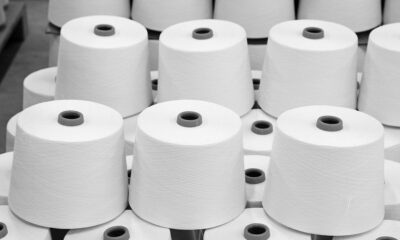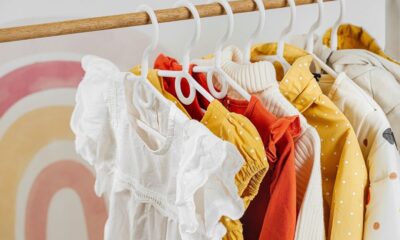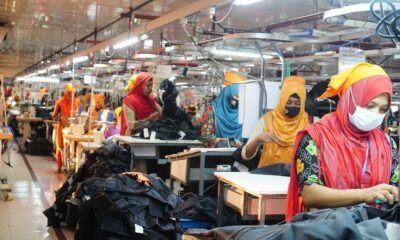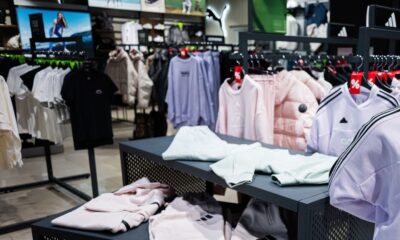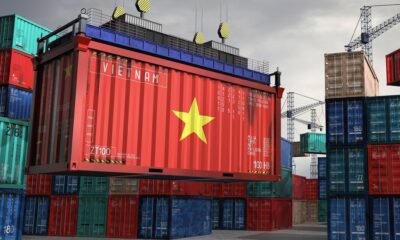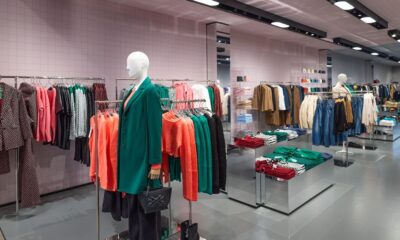Fashion
Luxury: mergers and acquisitions slow in 2024 but still appeal to investment funds, says Deloitte
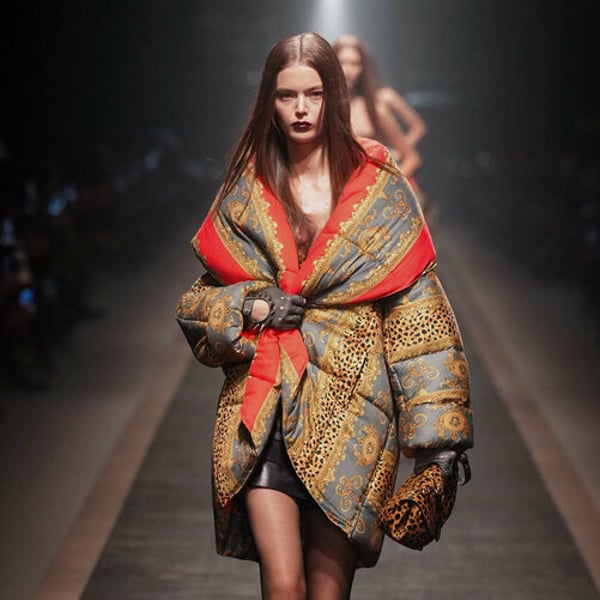
Published
September 17, 2025
After the post-Covid recovery, mergers and acquisitions in the fashion and high-end sectors have slowed over the past two years. Even so, despite the economic climate, the sector continues to attract nine out of ten investors in 2025, although most are concerned about customs duties.
These are the findings of Deloitte‘s latest report, “Fashion & Luxury Private Equity and Investors Survey 2025″, which previews the main trends ahead of its publication on September 25.
The survey was conducted worldwide across a panel of 60 private equity investors and more than 114 companies active in the fields of Clothing & Accessories, Watches & Jewellery, Cosmetics & Fragrances, luxury automobiles, luxury hotels, private jets, cruises, furnishings, yachts and luxury restaurants.
In 2024, the high-end segment recorded 308 deals, compared with 333 in 2023, that is 25 fewer year on year. Notably, last year saw the acquisition of luxury platform YNAP by German e-commerce firm Mytheresa from Swiss luxury group Richemont, while the planned merger between US giants Capri, owner of Michael Kors, and Tapestry, owner of Coach, fell through. The first half of 2025, marked by the acquisition of Versace by the Prada Group for €1.25 billion, confirms the general slowdown, with only 162 transactions compared with 188 a year earlier, a decline of 14%.
In the luxury goods segment alone, which accounts for 40.2% of total transactions, the number of deals closed last year fell by 6.3%. Breaking it down: clothing & accessories, the most attractive M&A sector, totalled 85 transactions in 2024, 20 fewer than the previous year. Similarly, watches & jewellery saw 15 deals in 2024, compared with 17 a year earlier. Only cosmetics & fragrances bucked the trend, jumping from 21 to 34 deals in one year (+13).
Leading the overall ranking for 2024, as usual, are luxury hotels, with 145 transactions (+1), followed by clothing & accessories (an industry that remains attractive nonetheless), then furnishings with 23 deals (+10), and yachts and automobiles with 11 each (-5 for the former and -13 for the latter between 2023 and 2024).

For 2025, “despite a macroeconomic and geopolitical context that remains marked by high uncertainty, the fashion and luxury sector continues to attract investor interest. 92% of funds are considering transactions in this sector, albeit more cautiously than last year,” said Elio Milantoni, a partner at Deloitte, in a press release.
“More than half are directing their strategies towards medium-sized companies, with the aim of encouraging a process of consolidation in the sector. At the same time, we are seeing a shift in investment preferences towards segments complementary to the world of fashion and luxury goods”, he continued.
In terms of size, the average value of M&A deals completed in 2024 is around €260 million, slightly down on 2023 (-4%), with an ever-greater focus on medium-sized targets, confirming the growing interest in medium-sized transactions.
Another trend identified by the consultancy is the concern around customs duties. Eight out of ten investors surveyed believe this issue will have a negative impact on the market, with North America (35%), Europe (33%) and Asia (29%) seen as the regions most exposed to rising trade barriers.
Geographically, investors still see Europe (75%) as the region with the greatest potential for luxury transactions, followed by North America (23%). In 2024, Europe accounted for the highest number of deals (210), 14 more than in 2023, while North America recorded only 54 (-23) and Asia-Pacific just 33 (-29).
This article is an automatic translation.
Click here to read the original article.
Copyright © 2025 FashionNetwork.com All rights reserved.
Fashion
Indian textile players hail Budget’s ESG & circularity thrust
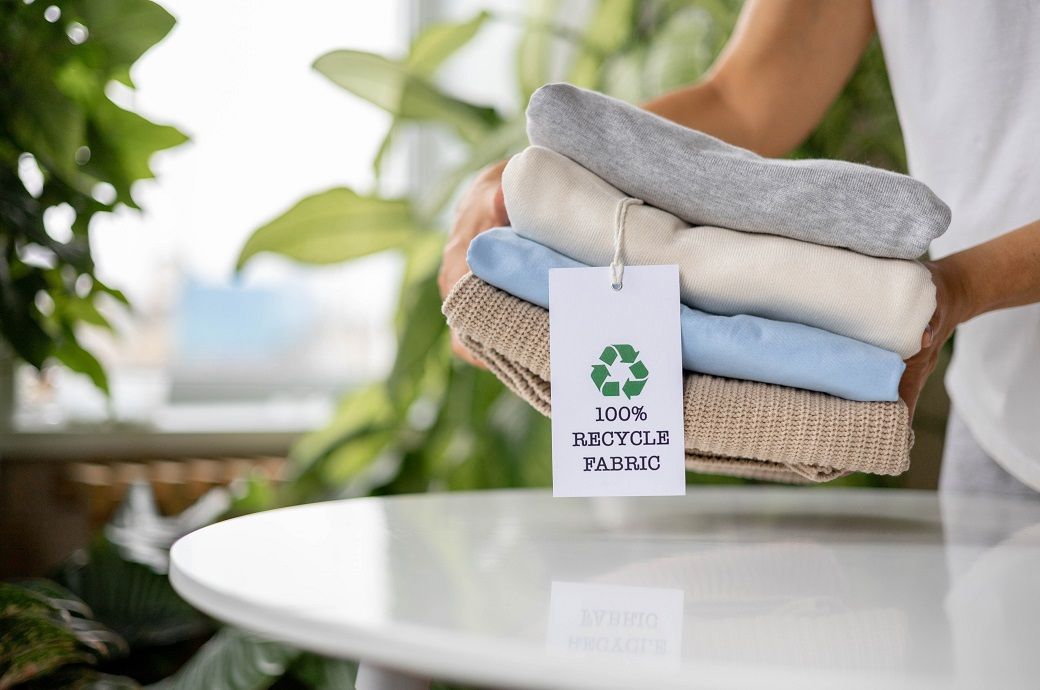
Industry stakeholders said the Budget signals a transition away from volume-driven growth towards a value-led, low-carbon and traceable textile ecosystem, supported by initiatives such as the Text-ECO initiative, the National Fibre Scheme, Samarth 2.0, and sustainability-linked capacity building.
Indian textile industry has welcomed the Budget for its strong focus on sustainability, circularity and responsible manufacturing.
Industry leaders said the measures signal a shift towards value-led, low-carbon and traceable growth.
Initiatives such as Text-ECO, Samarth 2.0 and the National Fibre Scheme are seen as strengthening competitiveness, skills and sustainable sourcing across the value chain.
Shruti Singh, Country Director–India at Canopy Planet, said, “This Budget creates enabling conditions for India to lead in manufacturing of low carbon textile fibres and paper packaging. Investing in circular material ecosystems can meet business ESG goals, create domestic fibre security and global export competitiveness,” she said. Singh added that as demand grows across textiles, packaging and paper-based applications, the real test will lie in responsible sourcing. “For companies linked to forest-based supply chains, this is a moment to strengthen traceability, reduce deforestation risk, and move sustainability from intent to execution,” she noted.
From a fashion brand perspective, Amar Nagaram, co-founder of Virgio, said the Budget clearly links sustainability with innovation and design-led growth. “India’s next phase of growth will be driven by the convergence of design, technology and sustainability. The emphasis on sustainable textiles, MSME scale-up, AI-led innovation and design education reflects a long-term vision to move Indian manufacturing up the global value chain,” he said. Nagaram added that the policy direction supports responsible production, data-driven decision-making, and positions India as a credible global hub for future-ready fashion and lifestyle businesses.
At the manufacturing end, Sabhari Girish, chief sustainability officer at Sulochana Cotton Spinning Mills, Tiruppur, said that sustainability and circularity receiving prominence in the Budget is encouraging for the sector. “Circularity and sustainability taking a prominent spot in the Budget speech is a positive signal. The announcement of Text-ECON will help Indian textile companies showcase their environmentally friendly contributions to the world,” he said. Girish noted that upcoming FTAs with the UK and EU are expected to sharpen the focus on sustainability, adding that Samarth 2.0 will play a critical role in skilling the workforce with updated technologies across the value chain, from fibre to garments.
He also pointed out that the National Fibre Scheme could enhance the quality and global competitiveness of Indian-made fibres, though capital-intensive modernisation will require a clear funding roadmap. “Adopting best practices needs more support, and a proper roadmap will help indigenous fibres take centre stage,” Girish said, while welcoming the proposal to upgrade sports goods manufacturing as a boost for R&D and technical textiles.
Industry experts said the Budget’s sustainability-led approach aligns closely with stricter environmental regulations in markets such as the EU and UK, and could strengthen India’s positioning as a responsible, compliant and future-ready sourcing destination.
Fibre2Fashion News Desk (KUL)
Fashion
US inks reciprocal trade agreement with Guatemala
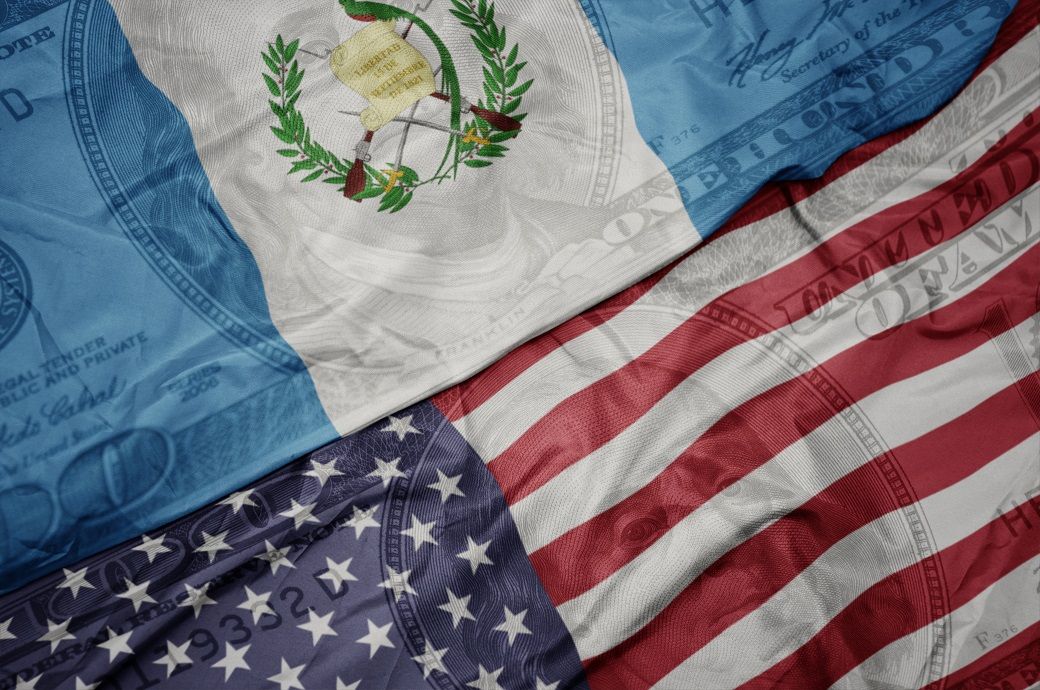
“President Trump’s leadership is forging a new direction for trade that promotes partnership and prosperity in Latin America, further strengthening the American economy, supporting American workers, and protecting our national security interests,” said Ambassador Greer in a USTR release.
USTR Jamieson Greer and Guatemala’s Minister of Economy Adriana Gabriela Garcia recently signed the US-Guatemala Agreement on Reciprocal Trade.
The agreement addresses trade barriers facing American workers and producers, expands and solidifies markets for US exports and strengthens strategic economic ties in the Western Hemisphere, Greer said.
US trade body NCTO welcomed the signing.
The agreement addresses trade barriers facing American workers and producers, expands and solidifies markets for US exports and strengthens strategic economic ties in the Western Hemisphere, he said.
“This agreement builds on our long-standing trade relationship and shared interest in reinforcing regional supply chains,” he added.
The key terms of the agreement includes breaking down non-tariff barriers for US industrial and exports, advancing trade facilitation and sound regulatory practices; protecting and enforcing intellectual property; preventing barriers for digital trade; improving labour standards; strengthening environmental protection; strengthening economic security alignment; and confronting state-owned enterprises and subsidies.
Guatemala has committed to take steps to restrict access to central level procurement covered by its free trade agreement commitments for suppliers from non-free trade agreement partners, permitting exemptions as necessary, in a manner comparable to US procurement restrictions.
Welcoming the announcement, National Council of Textile Organizations (NCTO) president and chief executive officer Kim Glas said the agreement marks an important step toward strengthening the US textile supply chain.
“Guatemala is a key partner in the CAFTA-DR [Dominican Republic-Central America-United States Free Trade Agreement] region, with nearly $2 billion in two-way textile and apparel trade. Together, the region operates as an integrated co-production platform that is essential to the US textile supply chain,” he noted.
The US-Western Hemisphere textile and apparel supply chain remains ‘a critical strategic alternative’ to China and other Asian producers, he added.
Fibre2Fashion (DS)
Fashion
Canada could lift GDP 7% by easing internal trade barriers

Canada could boost long-term economic output by nearly 7 per cent if it dismantles policy-related barriers that restrict the movement of goods, services, and labour across provinces, according to new analysis by the International Monetary Fund (IMF).
Despite being one of the world’s most open economies globally, Canada’s internal market remains fragmented, with non-geographic barriers equivalent to an average 9 per cent tariff nationwide.
Canada could raise long-term GDP by nearly 7 per cent by removing internal trade barriers that restrict interprovincial movement of goods, services, and labour, new analysis shows.
Policy-related frictions act like a 9 per cent internal tariff nationwide.
Liberalising high-impact sectors could deliver productivity-led gains worth about C$210 billion (~$153.04 billion).
Model-based estimates suggest that fully removing these barriers could add around C$210 billion (~$153.04 billion) to real GDP over time, driven largely by productivity gains rather than short-term demand, IMF said in a release.
While full liberalisation will be gradual, targeted reforms in high-impact sectors could deliver sizable benefits and improve economic resilience. Analysts argue that stronger federal–provincial coordination, wider mutual recognition of standards and credentials, and transparent benchmarking of internal trade barriers will be key to turning Canada’s fragmented domestic market into a more integrated national economy.
Fibre2Fashion News Desk (HU)
-

 Sports6 days ago
Sports6 days agoPSL 11: Local players’ category renewals unveiled ahead of auction
-

 Entertainment6 days ago
Entertainment6 days agoClaire Danes reveals how she reacted to pregnancy at 44
-

 Tech1 week ago
Tech1 week agoICE Asks Companies About ‘Ad Tech and Big Data’ Tools It Could Use in Investigations
-

 Business6 days ago
Business6 days agoBanking services disrupted as bank employees go on nationwide strike demanding five-day work week
-

 Fashion1 week ago
Fashion1 week agoSpain’s apparel imports up 7.10% in Jan-Oct as sourcing realigns
-

 Sports6 days ago
Sports6 days agoCollege football’s top 100 games of the 2025 season
-

 Politics1 week ago
Politics1 week agoFresh protests after man shot dead in Minneapolis operation
-

 Politics6 days ago
Politics6 days agoTrump vows to ‘de-escalate’ after Minneapolis shootings


